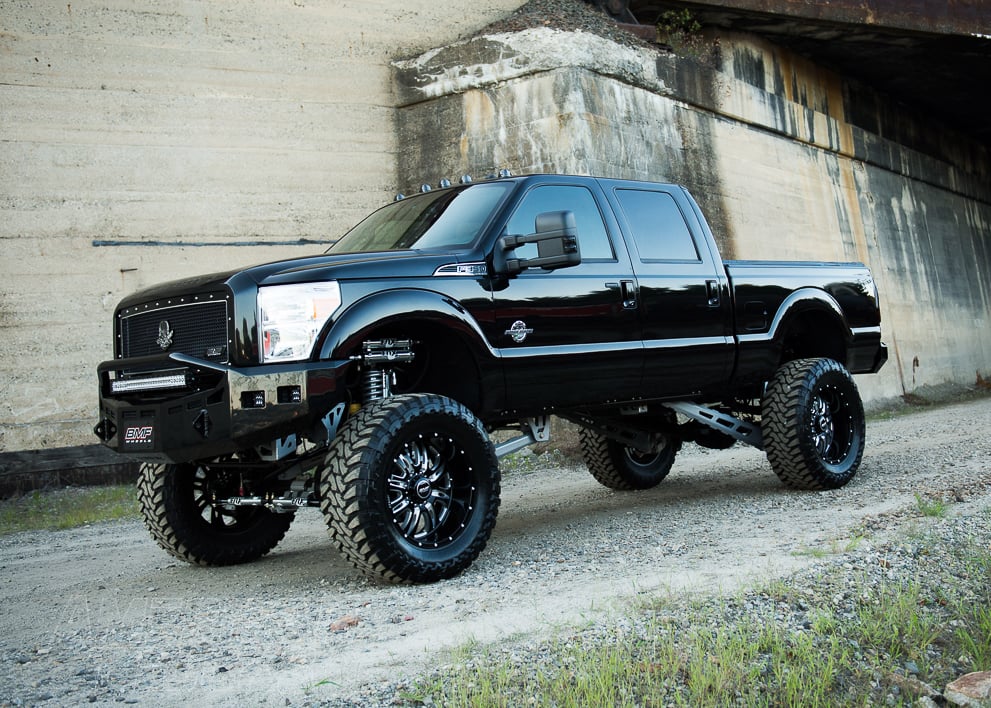It never fails. Somewhere on the internet, there are photos of a vehicle owner putting the wrong fuel in their vehicle. It’s something we all write off as impossible to happen to us and mock those who do it as they can appear as people who can’t identify the differences in fuel types.
Then it happens. We’re running late, in an emergency situation or simply under the weather and as we lose focus, we too find ourselves pumping the wrong fuel in our trucks. This will inspire an immediate panic and rightly so. This ultimately brings us to ask what can happen if we run gasoline in a diesel engine.
Table of Contents
- The Chemical Properties of Gasoline and Diesel
- Diesel as a Lubricant
- Parts at Risk for Damage
- Incomplete Combustion and the Risks
- How About Adding Diesel to Gasoline Engines?
- Why You Don’t Drive the Engine on the Mixed Fuel
- How to Fix It

